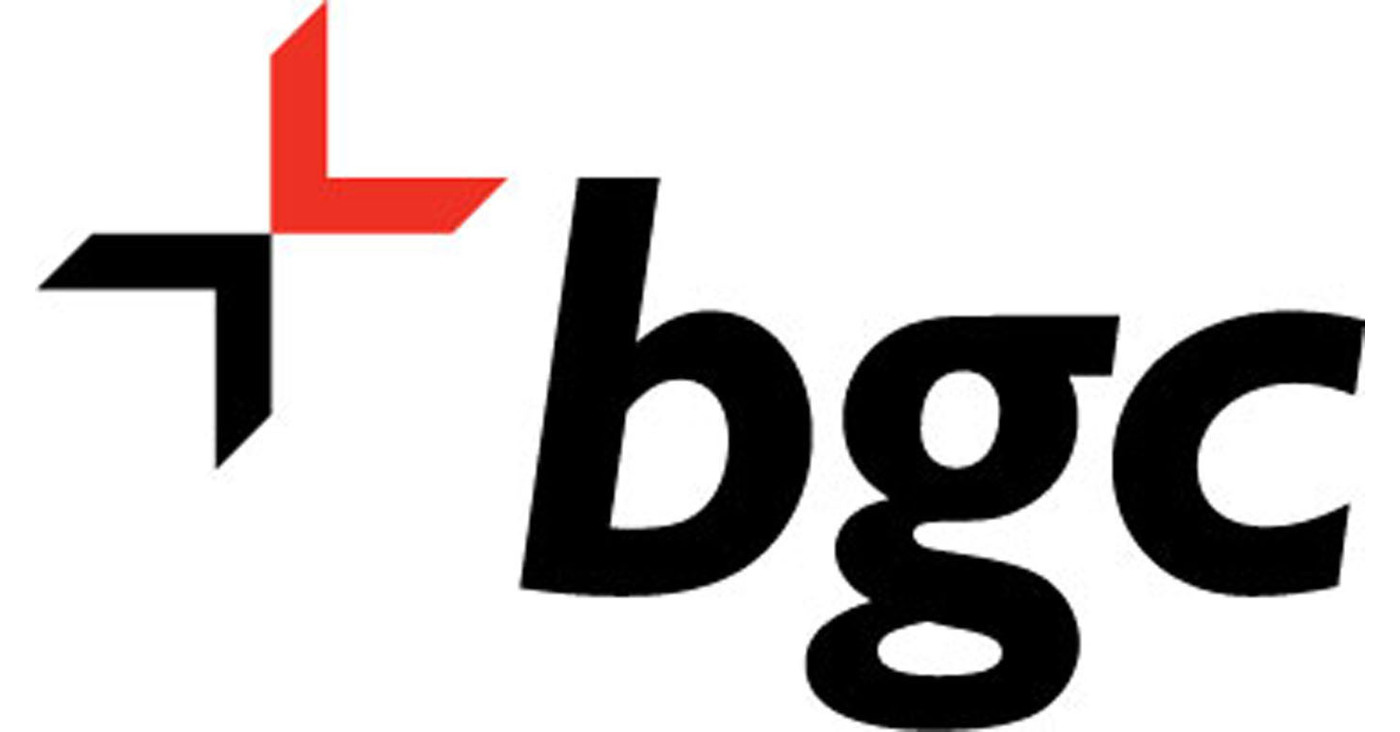Ruling
In the case of Coster v. UIP Companies, Inc., the Delaware Supreme Court reversed the lower court’s decision which had allowed a conflicted board to issue stocks that significantly diluted the stake of a shareholder and entrenched the existing board. The Supreme Court held that even though the board had met the dual burdens of fair process and fair price (i.e., the entire fairness), such actions still demand “careful judicial scrutiny” when they interfere with corporate democracy. The court maintained that in such instances, directors must prove a “compelling justification” for their actions.
Summary
This case involved UIP Companies, Inc., a real estate investment enterprise with two equal stockholders: Marion Coster and defendant Steven Schwat. Amid a deadlock over the election of directors, the board, under Schwat’s influence, reduced the number of board seats to three and conducted a stock sale that significantly diluted Coster’s stake, thus mooting her efforts to resolve the board election deadlock.
Coster sought legal redress, asserting that the dilutive stock sale interfered with her voting rights and impeded her statutory right to seek the appointment of a custodian. In response, the trial court found that while the transaction was largely motivated by a desire to impede Coster’s efforts, it was nevertheless fair in terms of both process and price. Therefore, the trial court declined to appoint a custodian and dismissed the action.
On appeal, however, the Delaware Supreme Court disagreed with the trial court’s decision to limit its inquiry to entire fairness. Drawing from the principles established in Schnell v. Chris-Craft Industries and Blasius Industries, Inc. v. Atlas Corp., the Supreme Court argued that director actions are “twice-tested” for both legal authorization and equity. The Supreme Court held that if a board’s primary purpose is to impede shareholder franchise rights, it must prove a compelling justification for its actions.
The ruling signifies that while actions taken by a conflicted board may technically be lawful, if they are intended to undermine stockholder voting rights or other valuable statutory rights, they must be subject to a “compelling justification” inquiry. This is regardless of whether these actions meet the dual fair process – fair price requirements of entire fairness. The case thus underscores the importance of protecting corporate democracy and ensuring equity in director actions.





